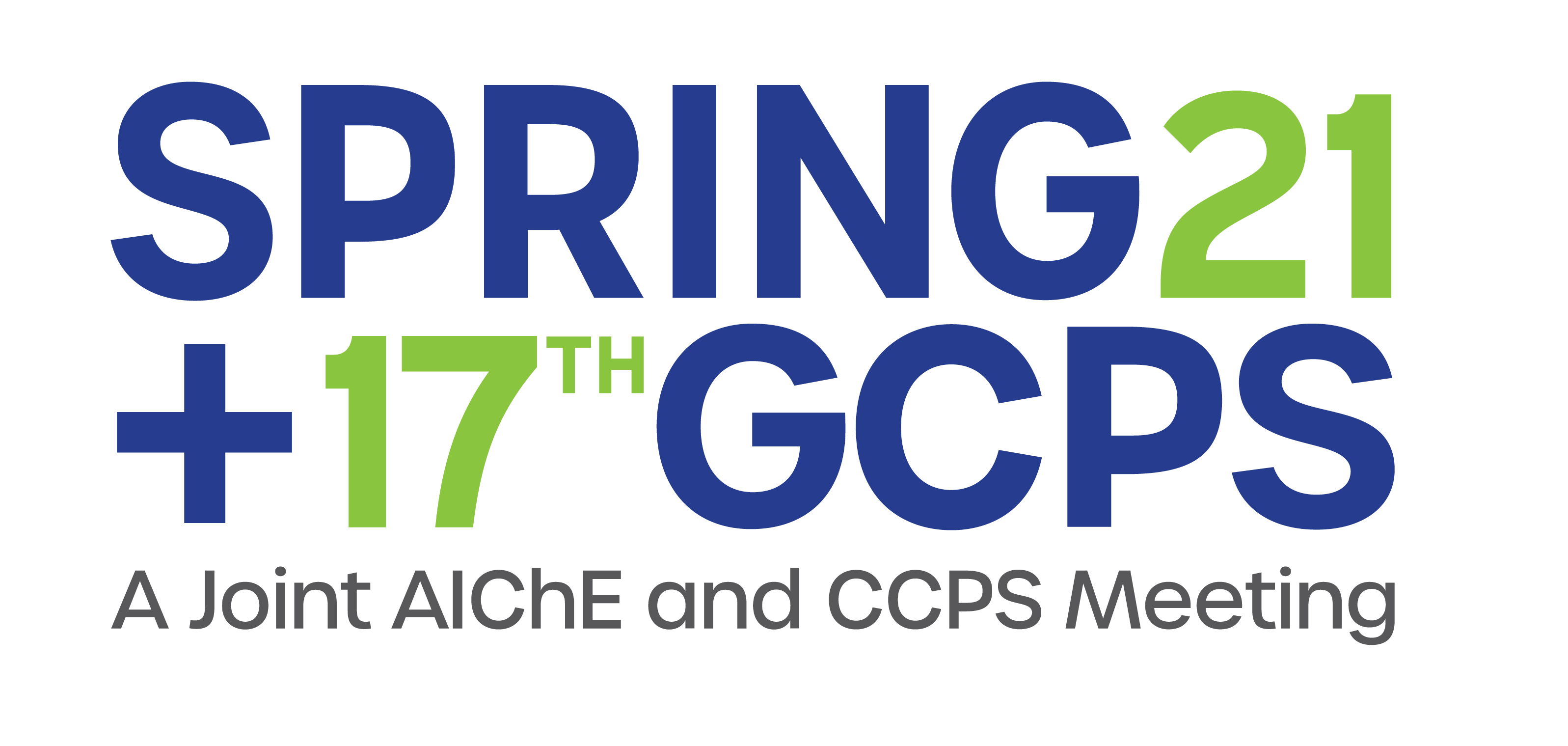

Data-driven fault detection and diagnosis (FDD) methods, which can be divided into two categories, statistical and machine learning (ML) approaches, have become popular in both research and applications. In this study, we will present our key findings of process monitoring using both statistical and ML techniques. For the statistical approach, the commonly used method based on principal component analysis (PCA) will be employed and will be compared with dynamic PCA extension in which the serial dependence in measured variables is considered. For further comparison, on the same data, autoencoders, which is a popular unsupervised ML technique, will be employed for fault detection on real industrial operation data from the CCR process. This comparative study is expected to result in an effective fault detection approach for an operating plant that will also substantially contribute to process sustainability and reliability.
Presenter(s)
Language
Pricing
Individuals
| AIChE Member Credits | 0.5 |
| AIChE Pro Members | $19.00 |
| AIChE Graduate Student Members | Free |
| AIChE Undergraduate Student Members | Free |
| Computing and Systems Technology Division Members | Free |
| AIChE Explorer Members | $29.00 |
| Non-Members | $29.00 |
